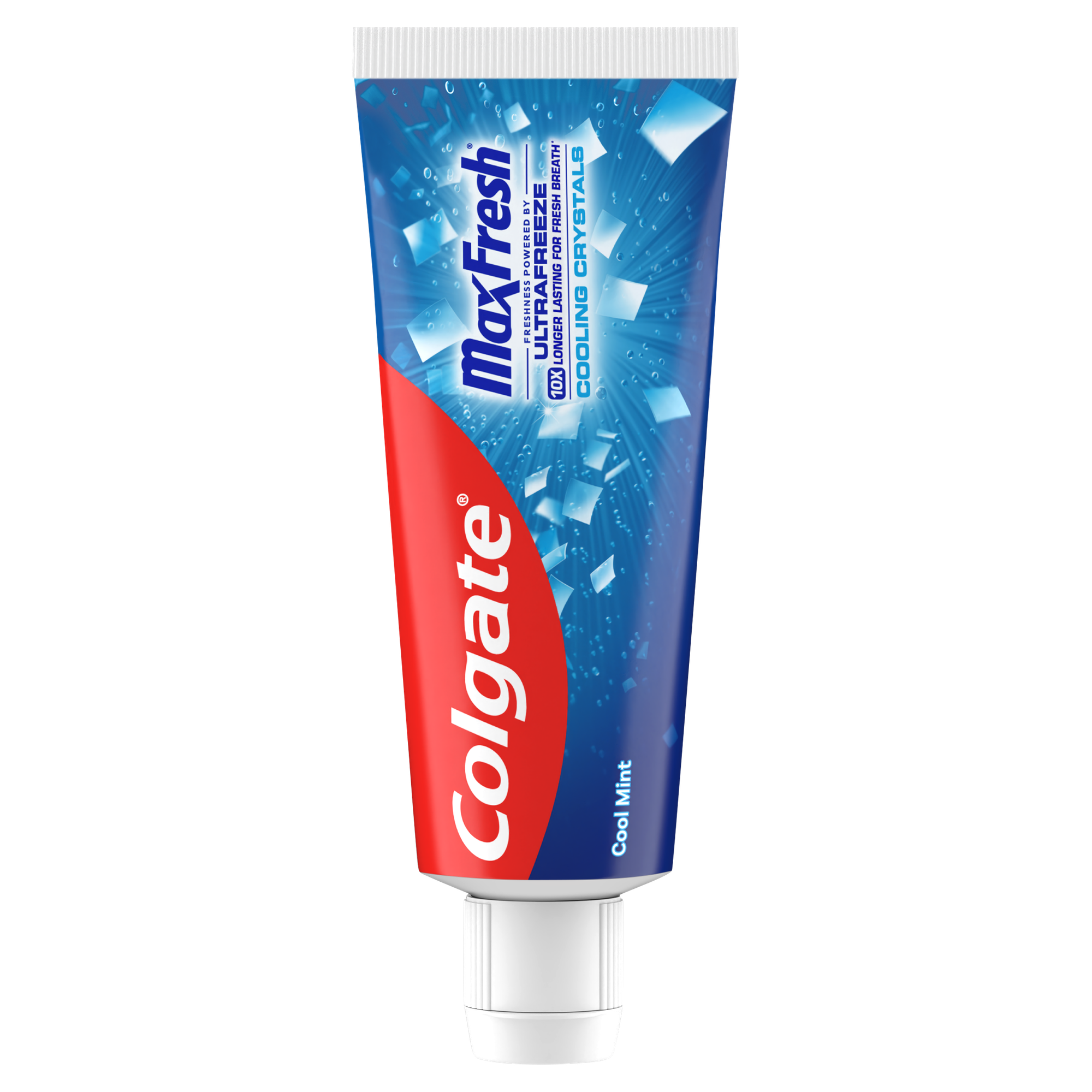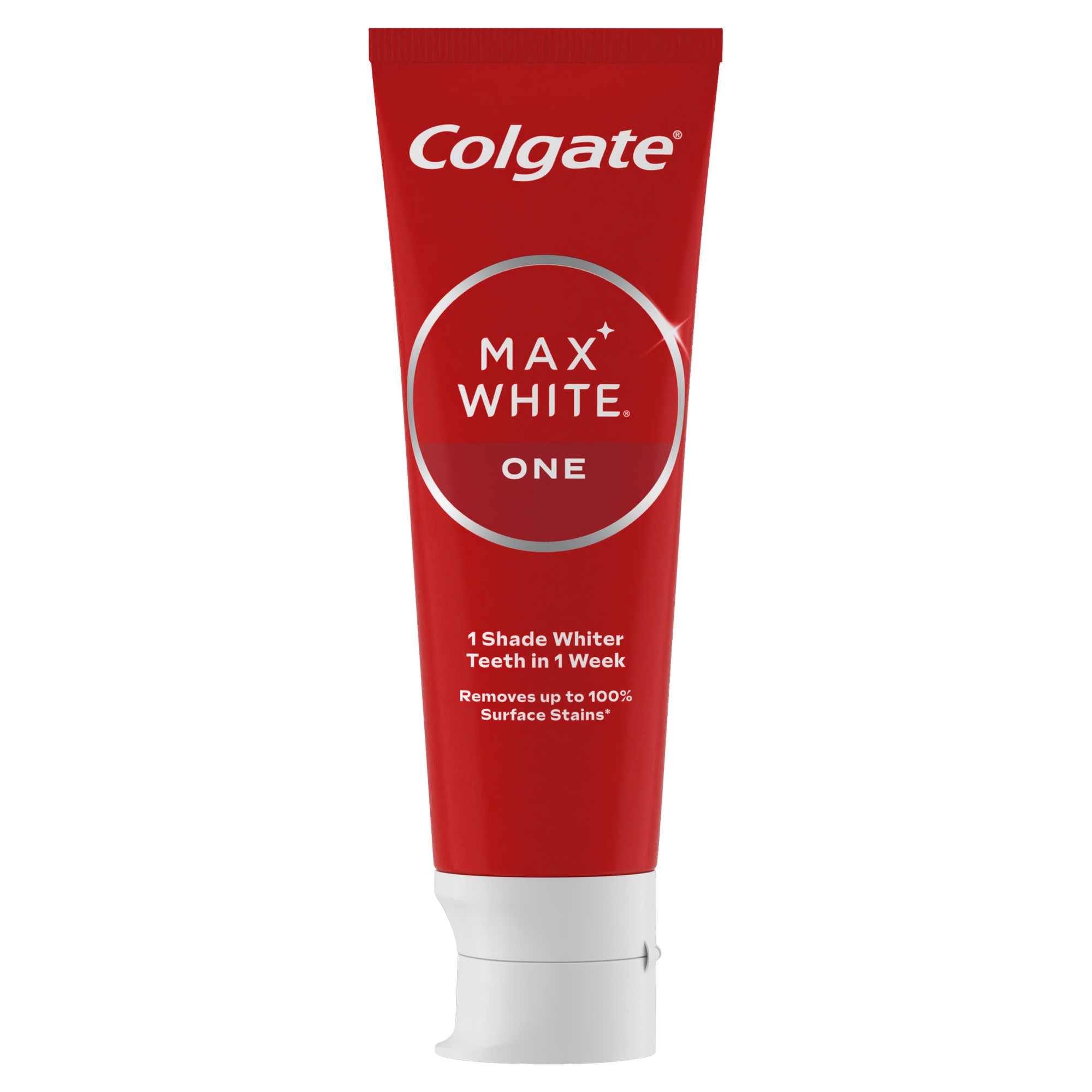While some mouthwashes contain ingredients that only produce a fresh scent on the surface, others penetrate deeper to eliminate the bacteria causing stinky breath. By understanding the difference between the two, you can choose the best mouthwash for bad breath and kiss your halitosis goodbye.
What Are the Main Differences in Mouthwashes?
Mouthwashes fall into two categories: cosmetic and therapeutic.
Cosmetic Mouthwashes
Masking bad breath rather than getting rid of the cause, cosmetic mouthwashes typically contain mint flavouring giving off a fresh fragrance. However, these mouthwashes won't kill the bacteria causing your bad breath in the first place. "No Alcohol" is commonly seen on cosmetic mouthwash labels. Instead of alcohol, these mouthwashes might contain astringent salts as a substitute to freshen the mouth without necessarily killing any germs. Individuals sensitive to alcohol often choose cosmetic mouthwashes for this reason.
Therapeutic Mouthwashes
Some people might require a therapeutic mouthwash. Available by prescription and over-the-counter – depending on the formula – therapeutic mouthwashes kill bacteria that produce bad breath. Therapeutic mouthwashes containing certain ingredients might offer additional oral benefits, such as fighting plaque. And you can ask for one with a minty flavour.
What Key Ingredients Are in Therapeutic Mouthwashes?
To help slay dragon breath, look for these ingredients to find the best mouthwash for halitosis, as well as other oral care issues.
- Chlorhexidine.
- Essential Oils.
- Triclosan.
Antibacterial Agents
Since bacteria cause bad breath, your mouth is the perfect place for them to multiply. The petri dish that is your mouth is warm and moist, and you're adding foreign items (i.e., food) to it throughout the day. Those are the perfect conditions for bacteria to spread over the tongue and between teeth, making your breath less than pleasant quickly.
According to the Pharmaceutical Journal, some mouthwashes use antibacterial agents (aka germicides) – such as cetylpyridinium chloride (CPC) and chlorhexidine. These germicides can team up to kill bad breath germs and reduce plaque. Plaque is a major cause of tooth decay and gum disease (such as gingivitis), both of which can lead to bad breath. By using a mouthwash with a germicide, you help keep your mouth healthy long after you rinse to keep bad breath at bay.
Fluoride
When used regularly, fluoride helps strengthen tooth enamel so that it's less susceptible to decay. Stronger, healthier teeth mean less plaque build-up and better breath overall.
5 Tips to Maintain Good Oral Health and Prevent Bad Breath
- Brushing your teeth.
- Flossing your Teeth.
- Clean your tongue.
- Rinse your mouth with a mouthwash.
- Dental Check-ups.
You Deserve the Best Bad Breath Solution
Next time you encounter shop shelves of mouthwashes, ask yourself: Do I want only to mask bad breath or get rid of it?
By choosing a product with the right ingredients, you don't just cover up embarrassing odours, but treat them at their source, so you enjoy fresh breath all day long. Who needs gum and mints when you have healthy teeth and gums?
This article is intended to promote understanding of and knowledge about general oral health topics. It is not intended to be a substitute for professional advice, diagnosis or treatment. Always seek the advice of your dentist or other qualified healthcare provider with any questions you may have regarding a medical condition or treatment.
ORAL HEALTH QUIZ
What's behind your smile?
Take our Oral Health assessment to get the most from your oral care routine
ORAL HEALTH QUIZ
What's behind your smile?
Take our Oral Health assessment to get the most from your oral care routine











